ELMIS
The Union of the Comoros is a small island nation in the Indian Ocean, located between Madagascar and Mozambique. It consists of three main islands: Grande Comore (Ngazidja), Mohéli (Mwali), and Anjouan (Nzwani). With a population of just under 1 million, Comoros is one of the least developed countries in the world, facing economic constraints, high population density, and frequent political instability.
The Union of Comoros faces significant challenges in logistics management of health products, primarily due to paper-based processes and limited digital knowledge among healthcare workers. The lack of real-time stock visibility leads to inefficiencies in supply chain management, potential stockouts or overstocking, and difficulty in tracking product distribution across the central, regional, and facility levels.
This project addresses these issues through a phased implementation of an electronic Logistics Management Information System (eLMIS) integrating mSupply for inventory management and DHIS2 for stock data collection at health facilities. The approach ensures:
-Structured Digital Transition: Replacing paper-based systems with a simple, phased digital solution that builds on existing DHIS2 use.
-Efficient Stock Monitoring: A centralized system to track stock movement from the national level to health facilities, improving procurement planning.
-Capacity Building: Training health personnel and engaging local HISP Rwanda experts to ensure long-term sustainability.
– Cost-Effective & Scalable Solution: Implementing basic stock data tracking first, with the potential for full transaction-based stock management in the future.
– Stakeholder Coordination: A steering committee and technical working group ensure alignment with the Ministry of Health, HISP Rwanda, UiO, and mSupply consultants for smooth implementation. Below are some pictures:
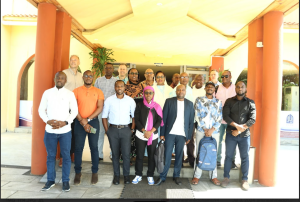
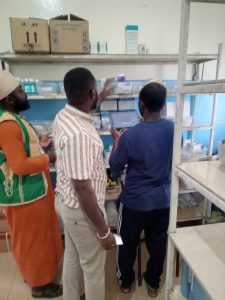
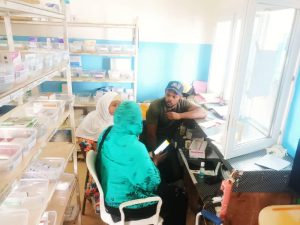
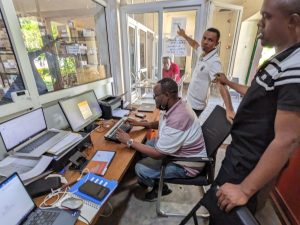
HISP Rwanda: Leads DHIS2 customization for stock data collection at health facilities, Ensures local capacity building by training and hiring Comorian staff for system maintenance and Develops interactive dashboards for real-time stock tracking, improving decision-making.
Ministry of Health (MOH) Comoros: Drives policy alignment and ensures the transition from paper-based to digital logistics, Establishes a steering committee to oversee the project and ensure sustainability and Implements Vendor Managed Inventory (VMI) for better stock distribution.
University of Oslo (UiO): Provides international expertise in digital health system design, Supports the integration of DHIS2 with mSupply, ensuring seamless data flow and Ensures scalability for future system expansion.
mSupply Foundation: Implements mSupply for digital warehouse and inventory management at central and regional levels, Introduces automated stock alerts, cold chain management, and warehouse optimization and Ensures a gradual transition from paper-based to digital stock management.
Donor & Partner Organizations: This project has been funded by the World Bank
Key Innovations
-Hybrid approach combining DHIS2 for stock monitoring and mSupply for warehouse management.
– Real-time data tracking through automated dashboards for improved decision-making.
– Sustainable model with local staff training to maintain the system.
-Scalable solution that can expand to hospitals and lower health facilities over time.
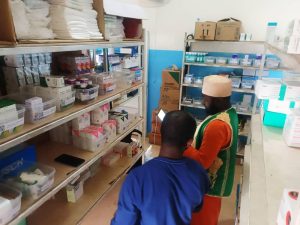
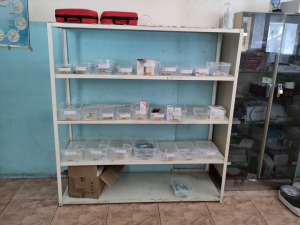
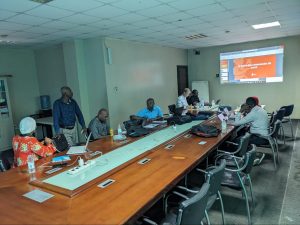
The eLMIS project in Comoros will significantly improve health supply chain management by ensuring real-time stock visibility, optimized distribution, and efficient procurement planning. Health facilities will have a monthly overview of stock levels and consumption, reducing stockouts and wastage through the Vendor Managed Inventory (VMI) model. A centralized dashboard will allow the Ministry of Health and partners to monitor stock movement from the central warehouse to health facilities, ensuring data-driven decision-making.
The transition from paper-based to digital systems using mSupply and DHIS2 will enhance efficiency, transparency, and accountability. HISP Rwanda will lead training and capacity building, empowering local MOH staff to independently manage the system, ensuring long-term sustainability. The project lays a strong foundation for future scalability, enabling potential expansion to hospitals and lower-level facilities as IT infrastructure and digital literacy improve. Ultimately, this initiative will enhance healthcare service delivery by ensuring continuous access to essential medicines and health products in Comoros.
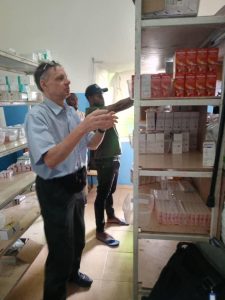
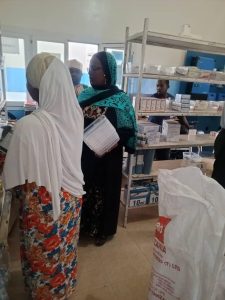

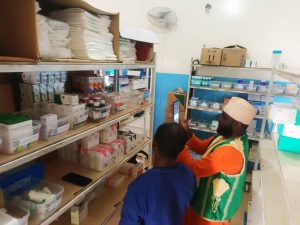
The eLMIS project in Comoros follows a phased approach over 11 months, divided into four key phases to ensure a smooth transition from a paper-based system to a digital Logistics Management Information System (eSIGL).
Phase 1 (1 month) : Kick-off meeting with key stakeholders, explaining the project’s objective, high-level plan, work steps and discussing what it requires from each party involved,Mapping of the existing process for the management of supplies in Comoros – at all levels, Drafting future processes once the systems have been put in place and A meeting to discuss and agree on future processes.
Phase 2 (4 months) :Configuring both mSupply and DHIS2 to function for Comoros. Including configuring collecting monthly stock data only in DHIS2, and administrating distribution through Vendor Managed Inventory, Configuration of dashboard to show stock movement and stock levels “end to end” from central store to health facility level, Set up 3 pilot sites to run the monthly gathering of tock data together with the Central and regional store running mSupply. Piloting the system.
Phase 3 (6 months) : Roll out mSupply for the Central store and 3 regional stores, Documenting that central and regional stores have started using the system. Implementation report is a deliverable, Support to MOH, phasing out and handing management over to MOH Comoros.
Phase 4 (in parallel – under same 6 months): Roll out DHIS2 gathering of monthly stock data at health facilities, Documenting that min 8 out of 10 health facilities have started using the system. Implementation report is a deliverable, Support to MOH, phasing out and handing over to MOH Comoros.
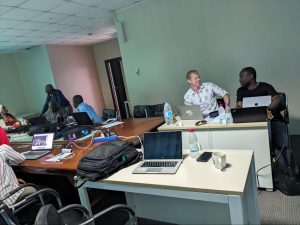
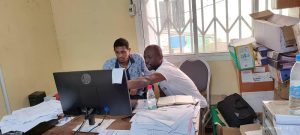
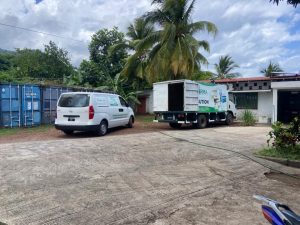
By the end of these 11 months, the eLMIS will be fully operational, providing real-time stock visibility, streamlining procurement and distribution and ensuring continuous access to essential medicines across Comoros.